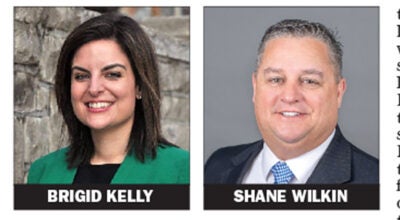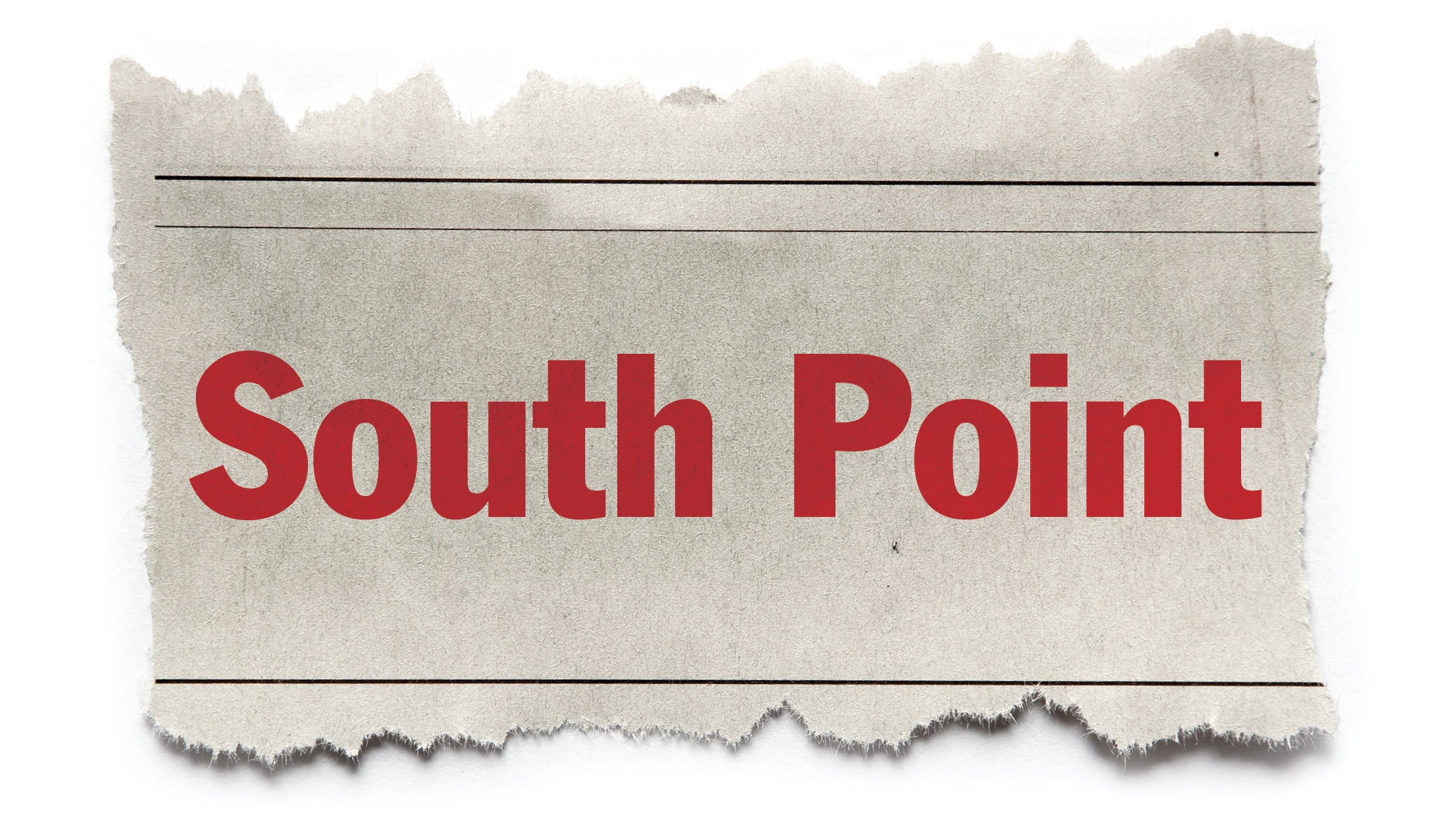Life lessons
Published 9:57 am Friday, November 13, 2015
Proctorville man writes first book
Learning life’s lessons the hard way seems unfair. Why doesn’t anyone prepare people for the harsh realities that one inevitably learns on one’s path to figuring out the world?
In his first self-published book, a 2004 Fairland graduate offers his take on the importance of being self-reliant in a “dependence culture,” one of life’s most difficult lessons.
Called “Everything I Would Have Wanted to Know if I Was Born Yesterday,” Derek Rowe, of Proctorville, dives in head-first on a number of sociological, cultural and psychological topics — from free will to relativism to dependency to the illusion of scarcity — relating each to his own perspective of the world, why the world is the way it is and how he came to certain solutions for the existential problems that many people face in their lives.
“That’s part of the reason why I’m calling the book, ‘Everything I Would Have Wanted to Know if I Was Born Yesterday,’” Rowe said. “It would have been nice to know this stuff, because nobody comes out and tells me this. It’s not part of our culture. It’s not something, as a kid, I think, ‘Oh, this is obvious’ You have to learn it the hard way. And I find that to be completely unnecessary and obnoxious.”
The main theme of the book, Rowe explained, is developing a sense of self-reliance, something he said society does not promote.
“A lot of times we have a Disney princess culture where somebody needs to be saved,” he said. “Or a country music radio station culture where it’s a, ‘I can’t go on living without her’ kind of thing. We have this dependence culture. Once you get away from that and lessen the grip that that has on you, you can form a different perspective. That perspective entails a lot of freedom. And you’re going to be able to be who you are more than you ever have before.”
In writing the book, Rowe said, which didn’t begin with the goal to publish the work, he came to a realization that he had a message to share. It took about four weeks to complete, “a catharsis of a release of information,” he said.
“Even while I was hanging out with friends or anyone for that matter, I was never quite sure deep down inside if I was doing it to get something out of it,” he said. “Was I doing it for your attention? Was I doing it for your love? I didn’t know. I would like to think that it wasn’t.
“When I really sat down and I was by myself, and I realized, ‘Oh wow, I’m perfectly fine.’ I cleansed myself of that worry. So now, when I go out and interact with people, it’s completely and totally me sharing abundance with others. I’m not trying to get something out of it. And I think that was a huge shift that happened to me just by writing that book, being alone in that period.”
In his chapter called The Illusion of Scarcity, Rowe talks more about abundance, which he says applies to not only physical things, like natural or technological resources, but emotions as well.
“I think we’re afraid of not getting enough love, respect,” he said. “If you never take the time to respect and love yourself, you’re never going to have abundance because you’re always going to have to go to someone else to get those needs fulfilled.”
In a physical sense, Rowe said scarcity of a resource, such as food or technology, isn’t inherent, there is an abundance. Scarcity is just one’s lack of knowledge on how to access that resource.
“So I talk about developing a love of knowledge,” he said. “Once you have a mind set where you look at knowledge like, ‘Oh, this is just going to open up new paths for me to access abundance in my life.’”
Another topic is crisis of consciousness.
“We don’t need money or resources or technology, because we have all of that right now,” Rowe said. “So why do we have these problems that pop up? Well, it has to do with us. We can send a guy to the moon but we can’t get people clean drinking water. There is a reason for that. We are the ones at fault.”
Rowe acknowledged that while the process of writing the book was a way to for him to explain how he came to know the answers to the problems that he would have liked to have known in hindsight, he said the answers may not work for everyone.
“You have to find your own personal solutions,” he said. “Part of the theme of the book is me showing you how I solved my own problems and letting you know that that may not be the answer at all for you. But at least you can see how I did it and maybe figure out the process for you.”
To get a copy of Rowe’s book, visit www.createspace.com or www.amazon.com. An electronic version is also available at Amazon.





